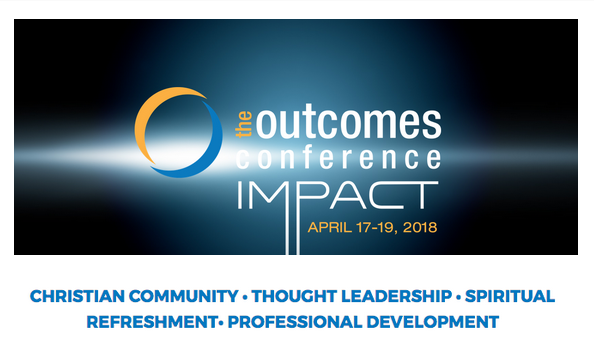
Beyond Performance By Bryan Taylor
 Performance-driven leader, it’s time for your wake-up call!
Performance-driven leader, it’s time for your wake-up call!
Accountability, personal responsibility, and results are words share a common theme – performance.
For many Christian leaders the topic of performance is challenging. Heavy emphasis on personal performance or results can seem cold and inhumane, perhaps even unchristian. Yet Scripture is full of performance-based illustrations focusing on accountability. Our corporate verse, Luke 16:11, is one such passage: “So if you have not been trustworthy in handling worldly wealth, who will trust you with true riches?” This passage links ministry opportunity with accountability in handling financial resources.
We recently spent a couple of days at a corporate offsite event to renew our vision, clarify our mission and enhance team effectiveness. No doubt many of you have done the same in your organizations. Like you, I used material from prominent authors such as Jim Collins, Patrick Lencioni, Gary Chapman, John Maxwell and Lee Ellis. While the response to our offsite event was positive, what struck me the most was my personal response to two significant components of effective team relationships: constructive conflict and results.
My personality profile, which incidentally we also reviewed, embraces conflict and is heavily skewed towards results. Consequently, I jumped into our offsite with the intention of not only reigniting our vision, but also of addressing team dysfunctions like absence of trust, fear of conflict, lack of commitment, avoidance of accountability and inattention to results, which Lencioni describes in his book The Five Dysfunctions of a Team: A Leadership Fable (Jossey-Bass, 2002). However, my most significant takeaway from the event related to insights regarding my interactions with my team, as a results-oriented leader.
Following some vision casting, mission review and values clarification, we jumped into a discussion of the various personalities on our team. Then came the tougher conversation about trust, conflict, communication and teamwork. During that discussion, I was practically begging for constructive conflict, noting how such conflict relates to “buy in” and ultimately leads to results. That is when the bombshell hit. “What happens,” one of my team members asked, “if I am not excited when we get that next big client?” I was stunned. Why wouldn’t a team member be happy? I mean, we won, right? How could someone not be happy if we achieved the desired result?
As you might expect, the conversation got a bit more awkward, and members of our team who were not comfortable with conflict probably wanted to crawl under the table. However, as we fought to remain engaged in the conversation, something revealing happened. The real reason for the concern surfaced. It related directly to two of our corporate values: “excellence” and “personal responsibility.” This team member’s core concern was how the workload brought on by a significant new client would impact her ability to offer that client the same level of excellence our current clients receive.
As the conversation progressed, it also became evident that this was a difficult issue to discuss because perhaps management (meaning me, of course) didn’t really want to hear this, or might not be willing to change anything even if they did know about the issue. Wow, sometimes the truth really hurts! Not quite what I expected when I encouraged constructive conflict. What I received was the truth that at least some members of my team were afraid of being overwhelmed in a way that negatively impacted results. Consequently, they couldn’t fully “buy in” to our vision and were concerned that our ongoing mission might be hindered as a result.
What a wake-up call!
In any organization, it’s easy to assume that we are all paddling in the same direction as hard as possible to reach the desired objective. That may be true, but it’s easy to miss that one or more team members might also be bailing with their other hand, too encumbered to really help us reach that objective.
We must uncover uncomfortable truths by encouraging constructive conflict. A willingness to express such concerns and a commitment to collaborate in addressing them can help to ensure “buy in.” It also helps to ensure that everyone in the boat remains enthusiastic about reaching the ultimate objective.
Uncovering, accepting and addressing uncomfortable realities is an important part of my role as team leader and will ultimately improve the morale of my team, strengthen trust and help ensure enthusiastic pursuit of our corporate vision.
####
Bryan Taylor, CFA, is the chief executive officer and chief investment officer for Cornerstone Management Inc., located in Atlanta, Ga. Cornerstone is a Registered Investment Advisor (RIA) and serves the Christian nonprofit community providing asset management consulting, planned gift administration and planned gift consulting. Today’s post is an excerpt from his article that appeared in the 2016 Winter edition of Outcomes Magazine.
THE OUTCOMES CONFERENCE – REGISTER TODAY!


What is Christian Leadership Alliance?
Christian Leadership Alliance equips and unites leaders to transform the world for Christ. We are the leaders of Christ-centered organizations who are dedicated to faithful stewardship for greater kingdom impact.
Sign up for FREE blog updates.
Upcoming Events
Check back later!


